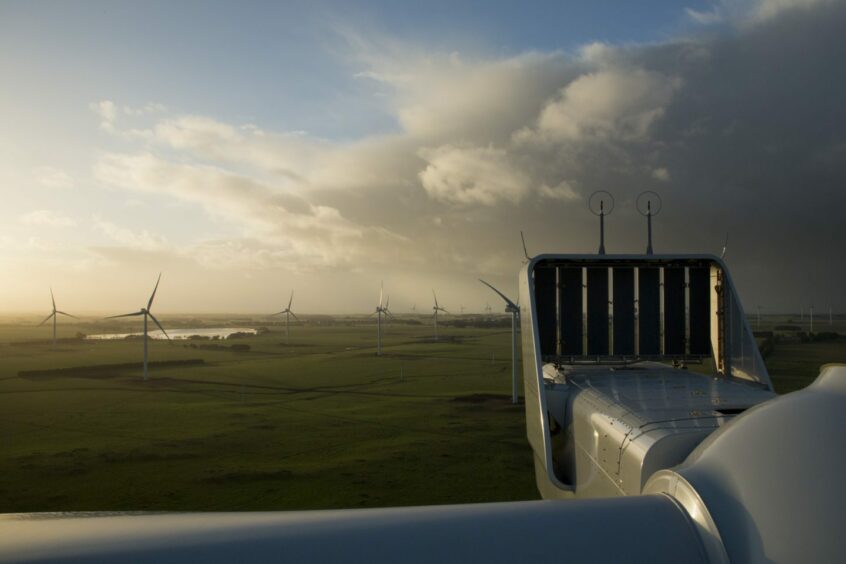
The chief executive of Vestas has tipped wind supply chain disruption “to continue throughout the second half of the year”.
Henrik Andersen says the first six months of 2023 “also highlighted” that permitting and regulatory uncertainty remain a key barrier to accelerating the energy transition.
Against that backdrop the Danish turbine manufacturer “remains fully focused on becoming profitable” following a rough few months for the sector.
Increases in the price of key raw materials, like copper and steel, has heaped cost pressures on the offshore wind sector, and led to trimmed takings for manufacturers.
Things are looking up for Vestas though, and in Q2 of 2023 the firm generated revenue of around £2.9 billion, a year on year increase of 3.8%.
Meanwhile the quarterly intake of firm and unconditional wind turbine orders amounted to 2,333 megawatts (MW), an 8% rise on Q2 2022.
As of the end of June, Vestas’s wind turbine order backlog stood at £17bn.
Mr Andersen, the group’s president and CEO, said: “Vestas continued to improve underlying performance in the second quarter of 2023, and based on the first half of the year, we remain on track to achieve our financial outlook for 2023.
“In the second quarter, our revenue was EUR 3.4bn, a 4 percent increase year-on-year, which was secured by higher value of turbine deliveries and strong growth in our Service business. In line with expectations and the continued execution of older projects with lower margins in our backlog, we achieved an EBIT margin of minus 2 percent.
“We received 2.3 GW of orders with an average selling price on our onshore solutions that returned to EUR 0.97m/MW. The first half of the year unfortunately also highlighted that permitting and regulatory uncertainty remain a key challenge to speed up the energy transition, and although supply chain disruptions are easing off, we expect disruptions to continue throughout the second half of the year.
“Vestas remains fully focused on becoming profitable and improve industry maturity and discipline to ensure the operational efficiency, quality, and scalability the energy transition requires. The global business environment is expected to remain challenging for the rest of 2023, and we want to thank our customers, partners and 29,000 colleagues for their continued support and engagement in making Vestas and the industry profitable.”
Recommended for you

